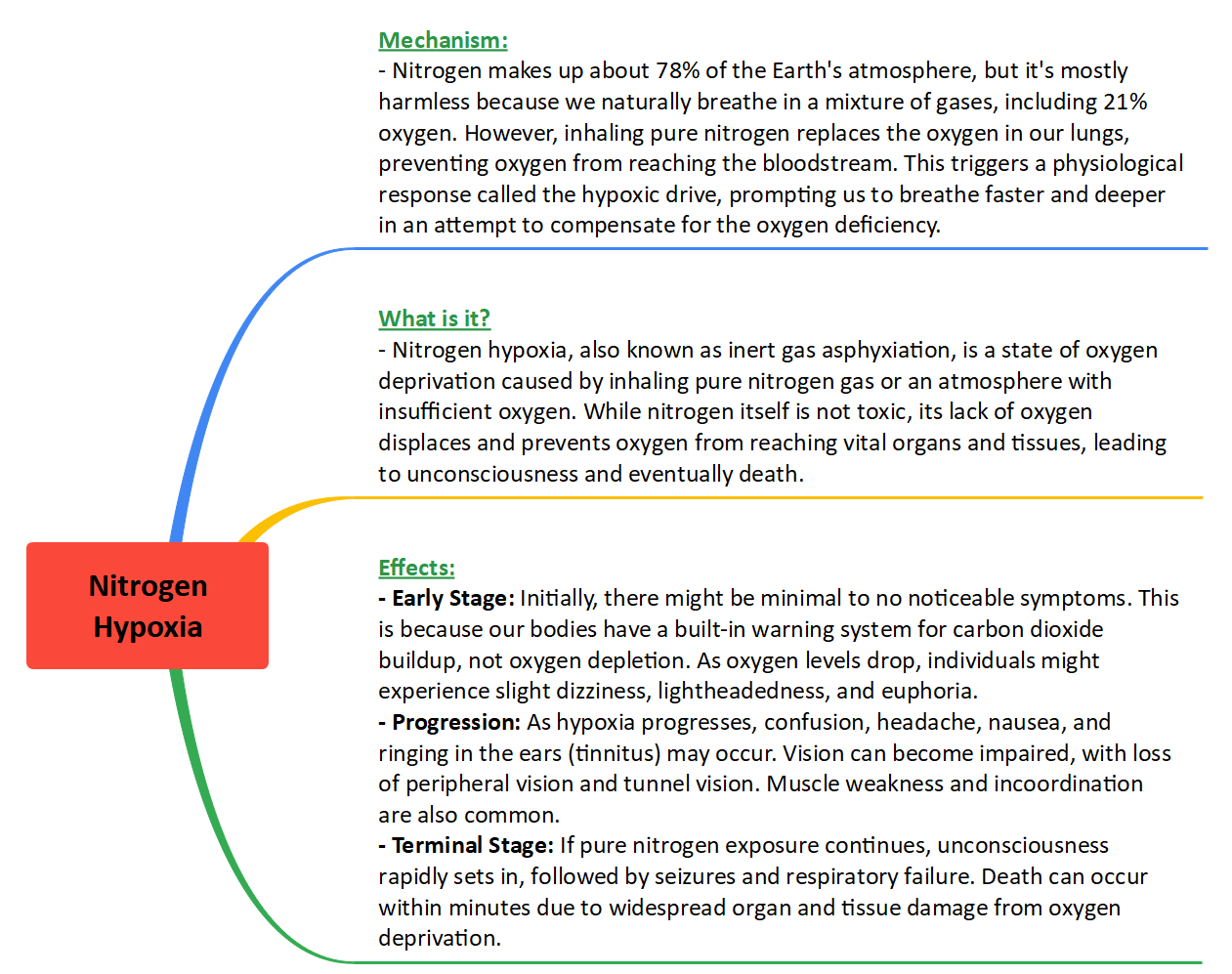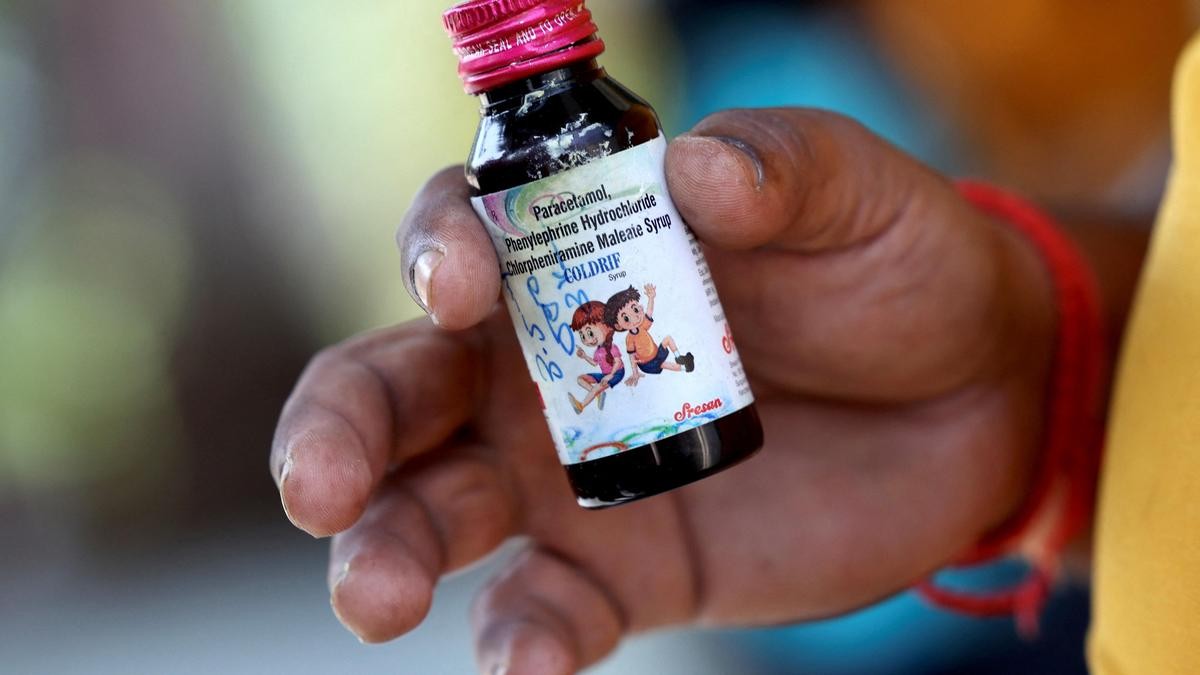





Copyright infringement not intended
Picture Courtesy: www.news9.com/story
Context: Kenneth Smith, convicted for a 1988 murder, was executed in Alabama (USA) using nitrogen hypoxia, a new method involving inhaling pure nitrogen to induce lethal levels of nitrogen in the body, causing death.
Key Highlights
|
Nitrogen hypoxia, despite the controversy surrounding its use in executions, has legitimate applications in certain industrial settings. For example, nitrogen is used in food packaging to displace oxygen and prevent spoilage. However, strict safety protocols and proper training are crucial to prevent accidental asphyxiation during such industrial processes. |

|
PRACTICE QUESTION Q. No justice system is foolproof, and the risk of wrongful convictions remains a critical concern, especially in capital cases where a mistake can be irreversible. How can India strengthen its judicial and legal processes to minimize the risk of errors and ensure that capital punishment is only applied in cases where guilt is established beyond a reasonable doubt? |







© 2026 iasgyan. All right reserved